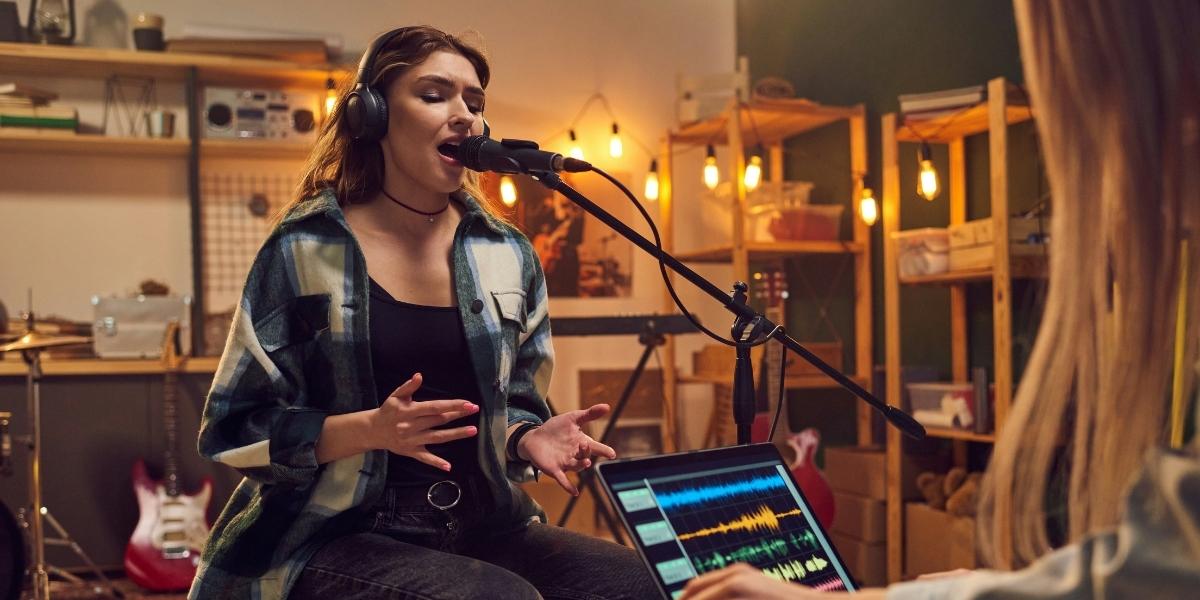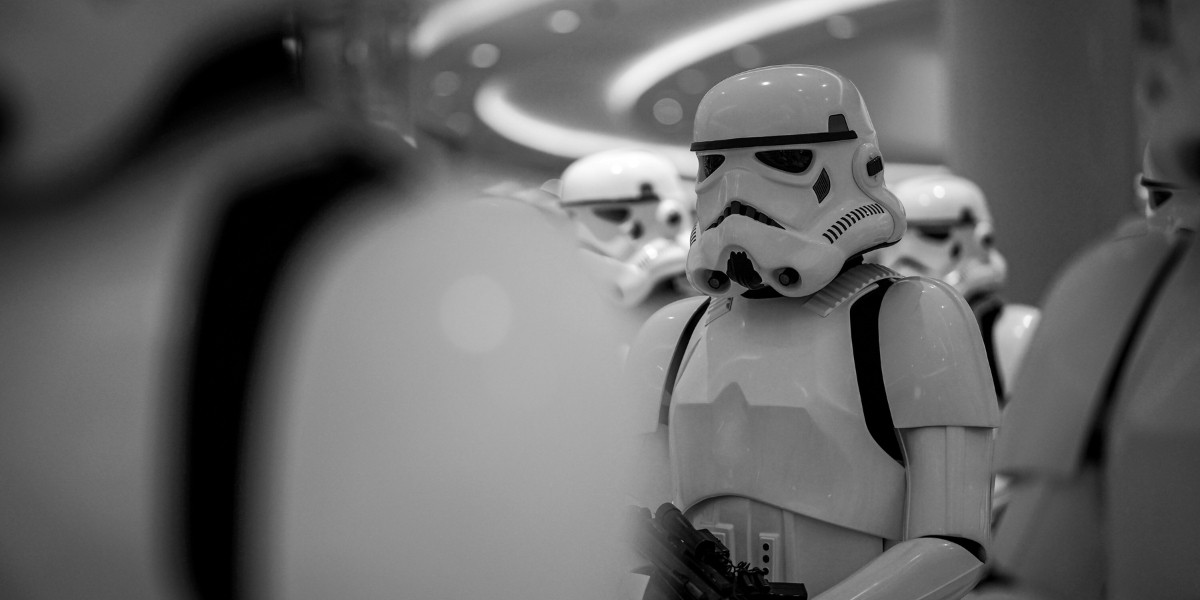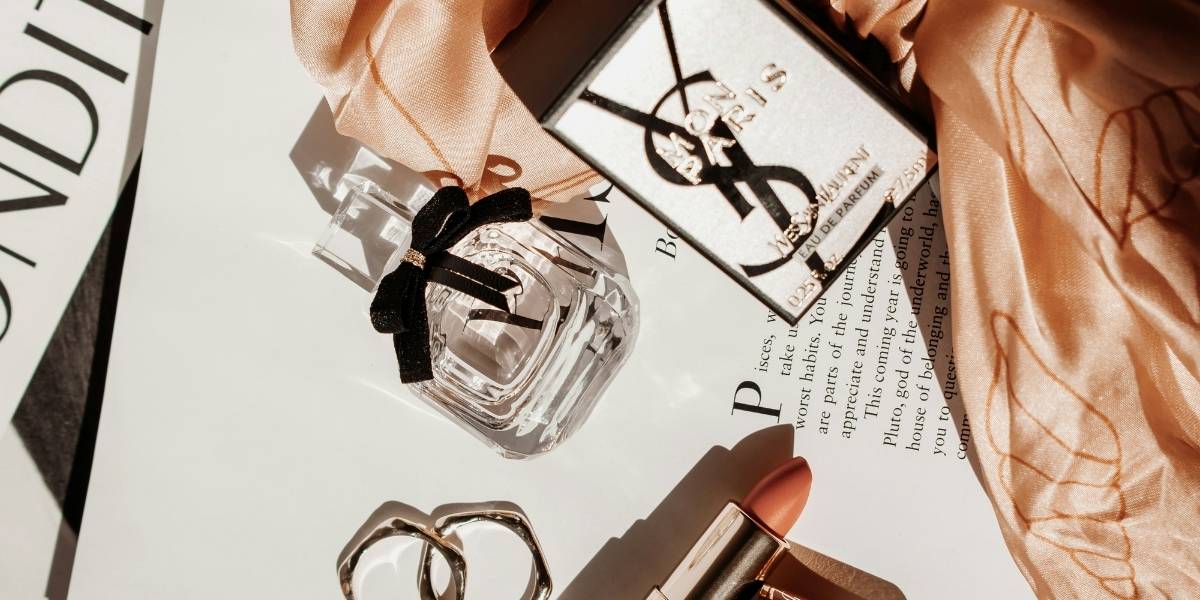The beauty industry has always been a hub of creativity, innovation, and constant evolution. But in recent years, artificial intelligence (AI) has entered the scene, bringing transformative changes to everything from product development to personalized customer experiences. As AI continues to make strides in its capabilities, its influence in the beauty world is growing stronger, making it an exciting time to look at how these technologies are reshaping the industry.
Read also: How Inclusive Beauty Is Reshaping Fashion and Media
How is AI Enhancing Beauty Product Development?
AI is revolutionizing how beauty products are created. Traditionally, developing a new beauty product took extensive research, testing, and market trials. AI has streamlined this process by helping companies analyze vast amounts of data to understand consumer needs, predict trends, and even formulate products with greater precision.
AI’s ability to analyze consumer feedback across various platforms is one of its key advantages. By mining data from social media, customer reviews, and surveys, AI systems can detect emerging beauty trends and consumer preferences almost in real-time. This helps beauty brands develop products that are more likely to resonate with consumers, ensuring that they stay ahead of the curve.
Additionally, AI can be used in the formulation of products themselves. For instance, machine learning algorithms can analyze ingredients and predict their interactions, helping to create more effective and innovative products. This can result in skincare formulations that are more precisely tailored to specific skin concerns or makeup products that offer improved performance.
How Does AI Personalize Beauty Recommendations?

Personalization is one of the most exciting ways AI is making an impact in the beauty industry. In the past, customers had to rely on general product recommendations or trial-and-error to find products that worked for them. With AI, personalized beauty solutions are now more accessible and effective than ever before.
AI-powered beauty apps and tools are making it possible for consumers to receive recommendations that are tailored to their unique needs. These apps analyze a variety of factors, such as skin type, tone, texture, and even personal preferences, to suggest the best products for an individual’s beauty routine. Some apps use facial recognition technology to assess skin conditions and recommend skincare products that address specific issues, like acne or dryness. This level of customization allows consumers to have a more satisfying shopping experience.
In addition to skincare, AI is also helping personalize makeup recommendations. Through apps that analyze a person’s facial features, users can try out virtual makeup looks and find products that suit their unique complexion. AI-powered tools can even help people experiment with different makeup techniques, offering tutorials and product suggestions based on individual preferences.
How is AI Improving the Beauty Retail Experience?
Retail experiences have also been significantly enhanced by AI, both online and in physical stores. In online retail, AI is helping brands deliver more relevant and engaging experiences by analyzing browsing behavior, purchase history, and preferences. By utilizing AI algorithms, beauty brands can provide personalized product suggestions during the shopping journey, increasing customer satisfaction and sales conversion rates.
Furthermore, virtual try-on technology has become increasingly common. This technology allows customers to “try on” products like lipstick, eyeshadow, or foundation virtually using their smartphone camera or a computer webcam. AI algorithms analyze facial features and apply makeup products in real-time, giving consumers a realistic preview of how a product will look before making a purchase. This significantly reduces the uncertainty often associated with buying beauty products online, leading to greater confidence in purchasing decisions.
In physical stores, AI is also being used to enhance customer service. Smart mirrors, for instance, use AI to display product recommendations or tutorial videos as customers try on products. Some stores have even implemented robots and AI-driven systems to assist customers, providing recommendations or helping them navigate the store, much like a personalized shopping assistant.
How is AI Transforming Beauty Marketing and Consumer Engagement?
AI is reshaping how beauty brands engage with their customers. Traditional marketing strategies, such as mass advertising or influencer partnerships, are being complemented with more personalized approaches, driven by AI’s ability to analyze customer data and behaviors.
One of the most noticeable shifts is in targeted advertising. By analyzing customer preferences, browsing patterns, and even social media activity, AI algorithms can deliver highly personalized and relevant ads. This level of targeting allows beauty brands to engage with consumers at a deeper level, promoting products they are most likely to purchase, rather than casting a wide net with generic ads. It’s not just about attracting customers, but about creating meaningful connections with them.
AI-driven chatbots have also become an essential part of consumer engagement. These chatbots, which are powered by natural language processing, can provide instant customer service, answer questions, and even help with product recommendations. By engaging with customers in real time, these AI tools ensure that brands remain top of mind while enhancing the customer experience.
What Does the Future Hold for AI in the Beauty Industry?
The future of AI in the beauty industry is undoubtedly promising. As AI technology continues to advance, it will likely unlock new possibilities in beauty innovation, product development, and consumer experiences.
One potential area of growth is in skin analysis and diagnostics. Currently, AI can assess skin conditions, but as technology improves, these systems could become even more sophisticated, offering in-depth insights into skin health. Imagine an AI tool that not only analyzes skin conditions but also tracks changes over time, offering personalized skincare regimens that evolve with a person’s skin needs. This kind of precision could further elevate the effectiveness of beauty products, ensuring consumers always use the most suitable treatments for their skin.
Another exciting possibility is AI’s role in sustainability within the beauty industry. AI can be used to optimize supply chains, reduce waste, and help brands make more eco-friendly choices by analyzing data on packaging, sourcing, and product ingredients. As consumers become more conscious of sustainability, AI could become a key ally in helping beauty brands meet these demands while still offering high-performance products.
The beauty industry is also poised to explore new frontiers in AI-driven creativity. From virtual beauty consultants that provide personalized advice in real-time to fully immersive augmented reality experiences that allow customers to experiment with beauty looks, the intersection of AI and beauty could lead to even more exciting and innovative possibilities. AI could even play a role in the creation of entirely new beauty concepts, pushing the boundaries of what beauty products and services can be.
Read also: How Technology Is Transforming Property Management: From Smart Homes to AI Maintenance
How is AI Influencing Beauty Industry Job Roles?

As AI continues to permeate the beauty industry, there will be a shift in job roles, particularly in areas like product development, marketing, and retail. New roles related to AI, such as data scientists, machine learning engineers, and AI-driven product designers, are expected to emerge. These professionals will work alongside beauty experts to harness AI’s potential and enhance the customer experience.
However, as AI takes on more routine tasks, there will be an increasing need for human expertise in more complex areas, such as creative direction, strategy, and emotional intelligence. AI may assist with data and operational tasks, but the human touch will still be essential when it comes to creativity and customer interactions.
The beauty industry’s embrace of AI is not about replacing jobs, but rather about enhancing the roles that require human expertise. This shift will lead to the creation of new opportunities and allow beauty professionals to focus on more strategic, creative, and value-driven work.









